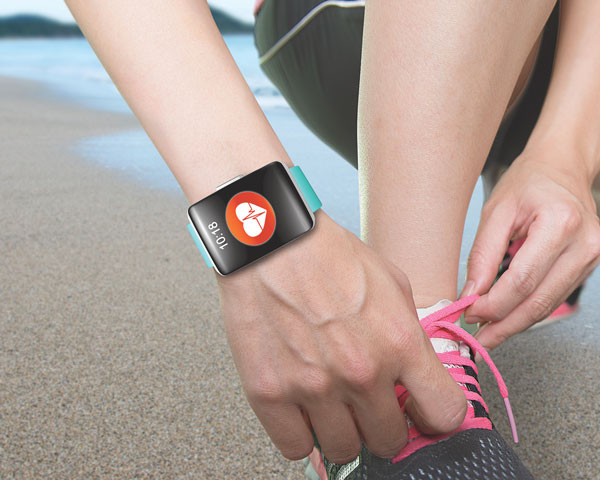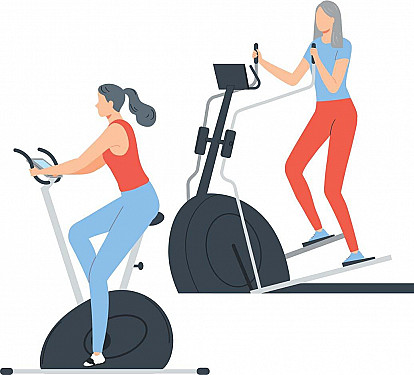Are wristwatch-style heart rate monitors accurate?
Research we're watching

Image: BsWei /Thinkstock
Those popular fitness trackers you wear on your wrist estimate your heart rate with a sensor that measures changes in blood flow through your skin. But just how accurate are they?
To find out, researchers tested four popular commercial wrist-worn monitors on 50 young, healthy adults. Participants were hooked up to an ECG machine, which records the heart's electrical activity and provides the "gold standard" measure of heart rate. They were also randomly assigned to wear two different wrist monitors as they walked or ran on a treadmill at speeds ranging from 2 to 6 mph. Heart rate readouts were recorded at rest, during each speed, and after the treadmill test.
Two of the devices, the Apple Watch and the Mio Fuse, were accurate about 91% of the time. The other two, the Fitbit Charge HR and the Basis Peak, were accurate about 84% and 83% of the time, respectively, the researchers found. If your doctor advises you to stay within a specific heart rate zone, they recommend using a chest-strap monitor, which uses a more accurate electronic sensor. Their findings appeared online Oct. 12, 2016, by JAMA Cardiology.
Disclaimer:
As a service to our readers, Harvard Health Publishing provides access to our library of archived content. Please note the date of last review or update on all articles.
No content on this site, regardless of date, should ever be used as a substitute for direct medical advice from your doctor or other qualified clinician.















